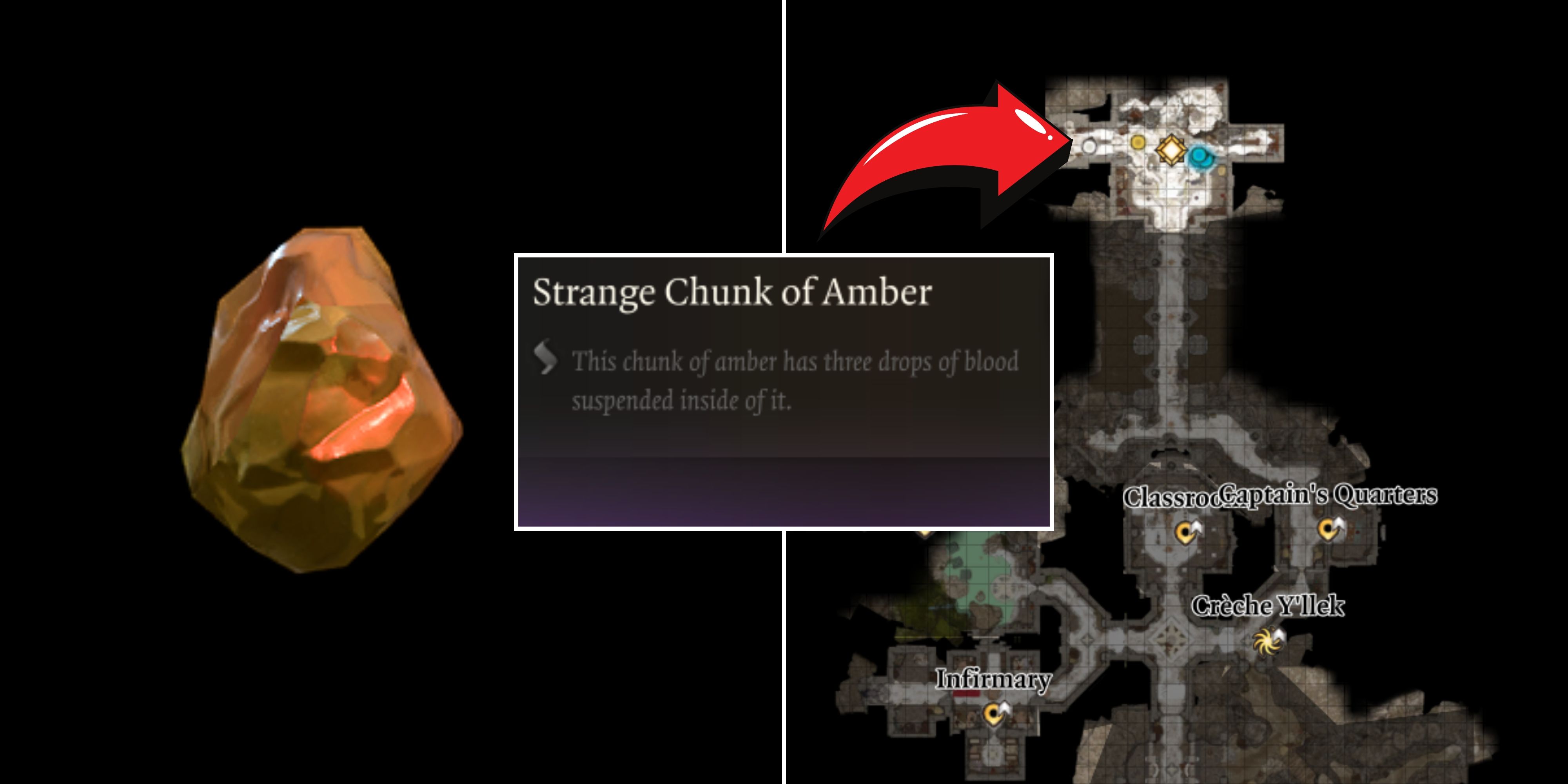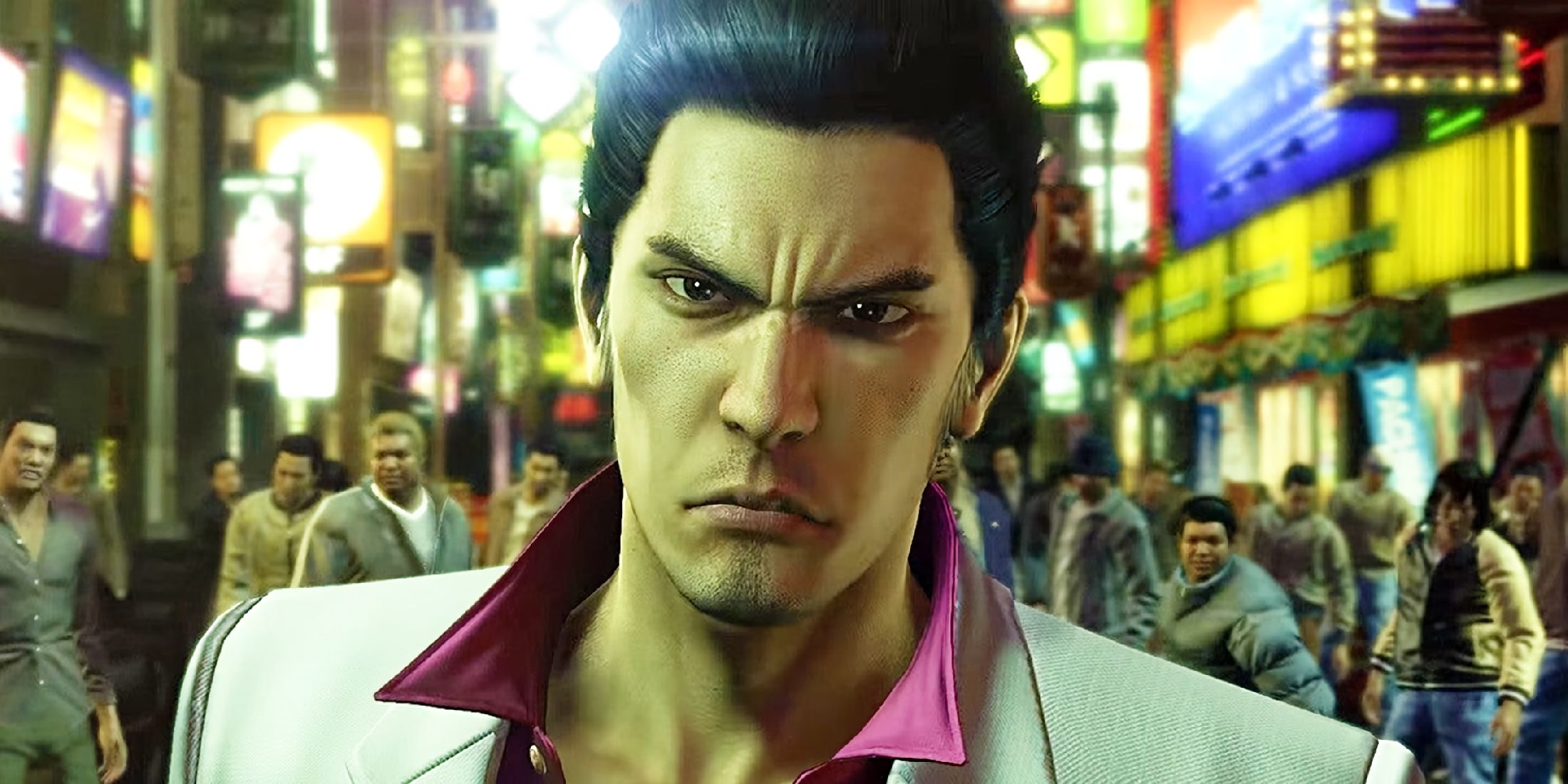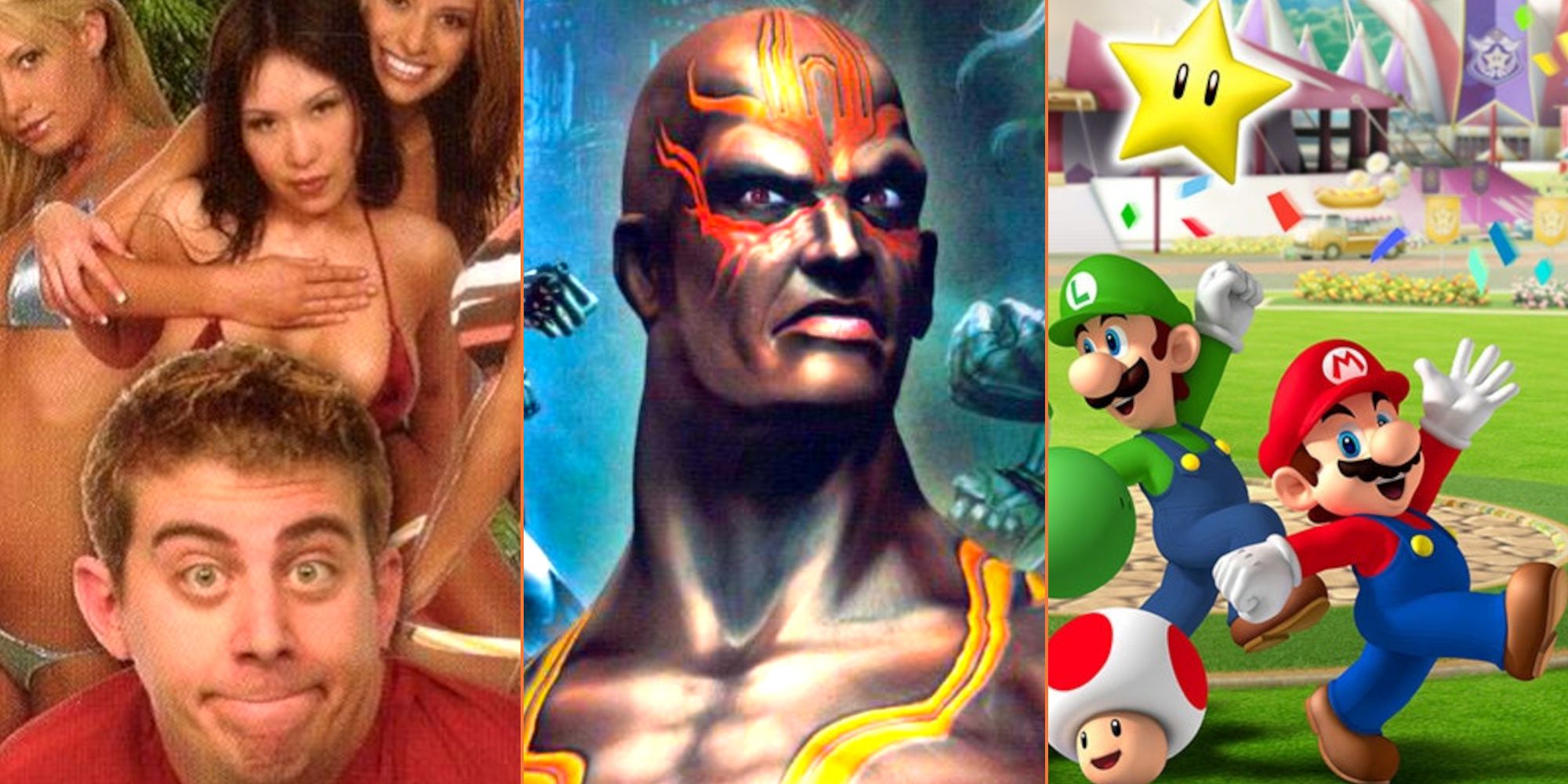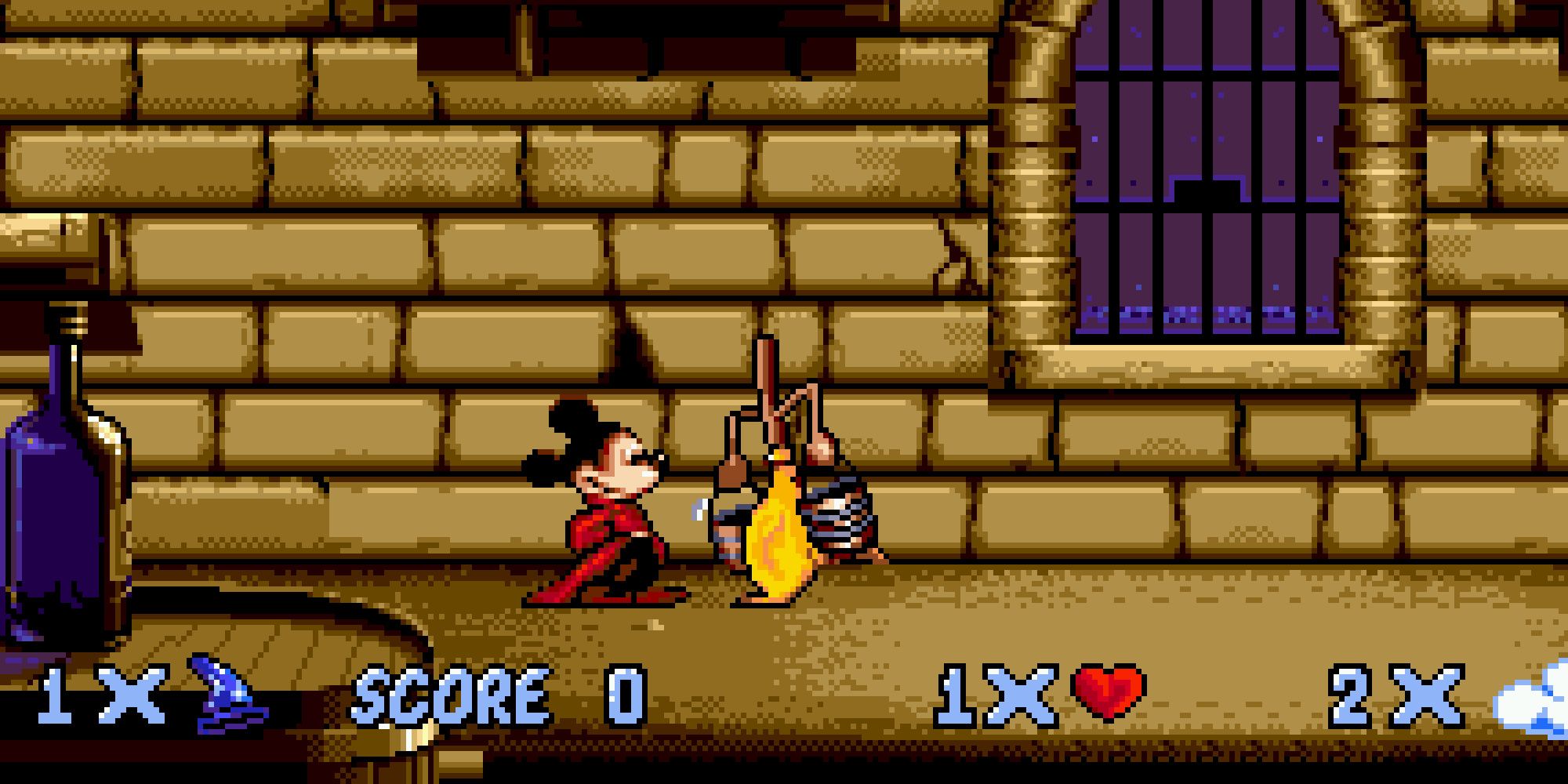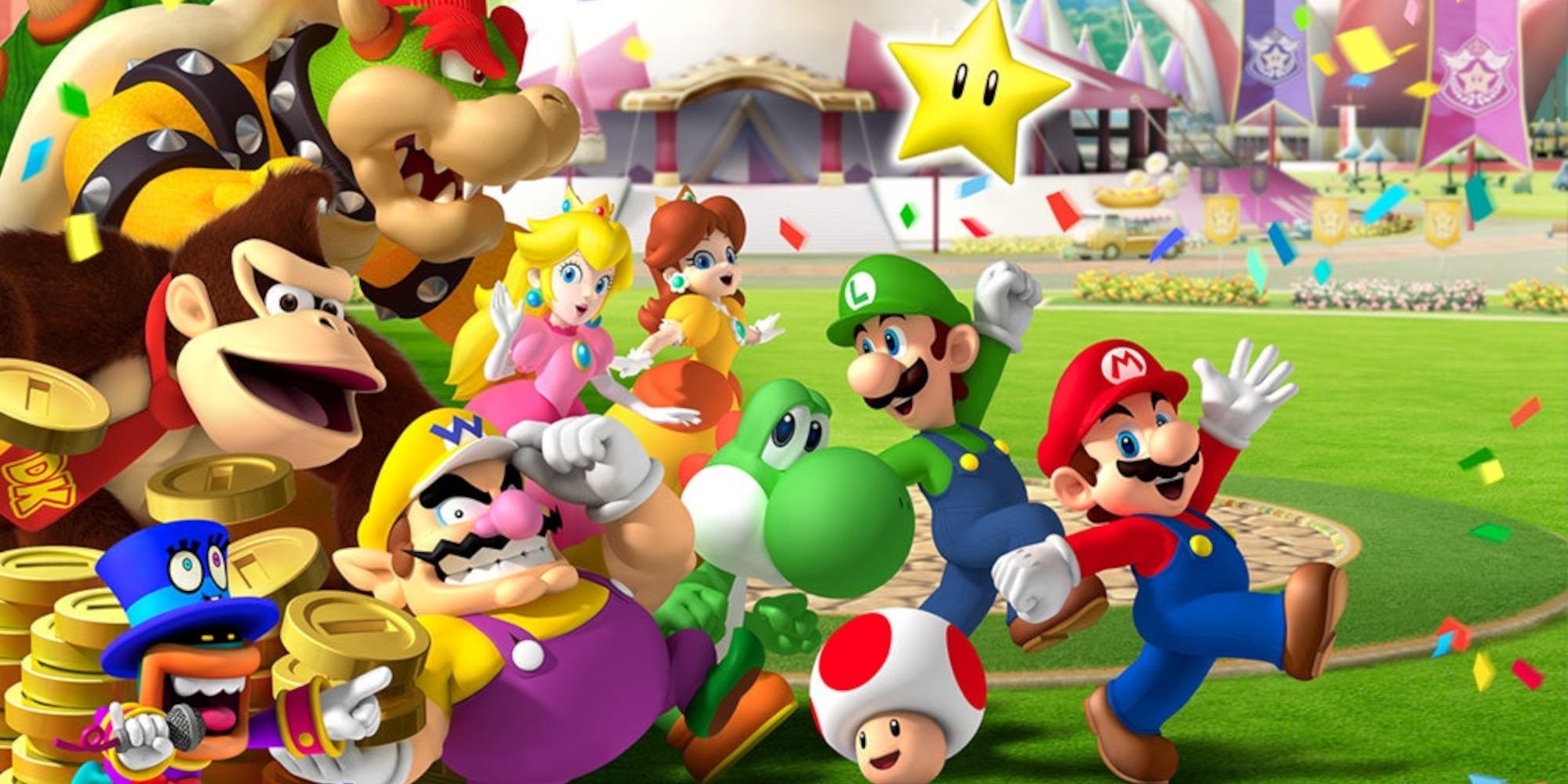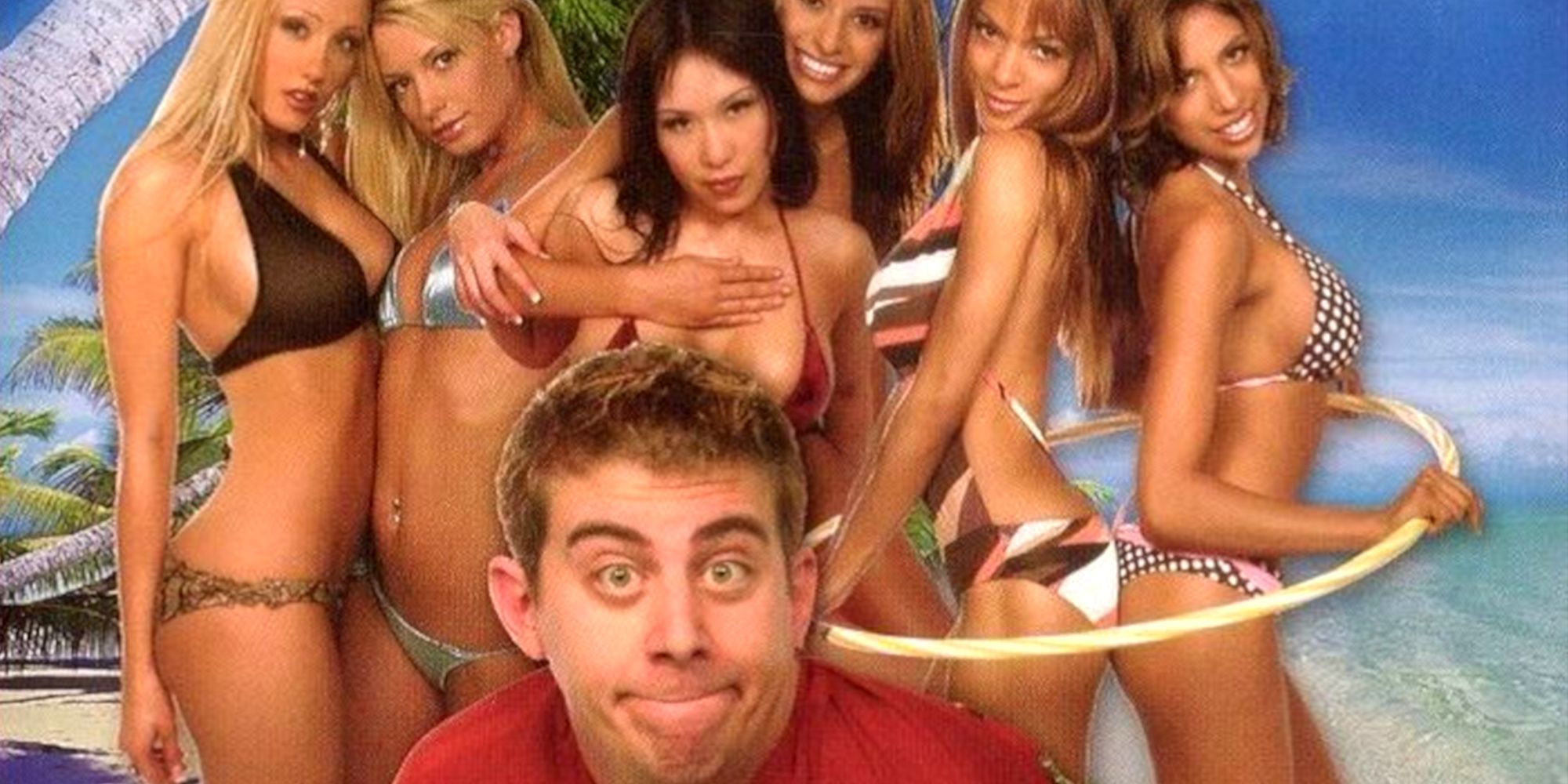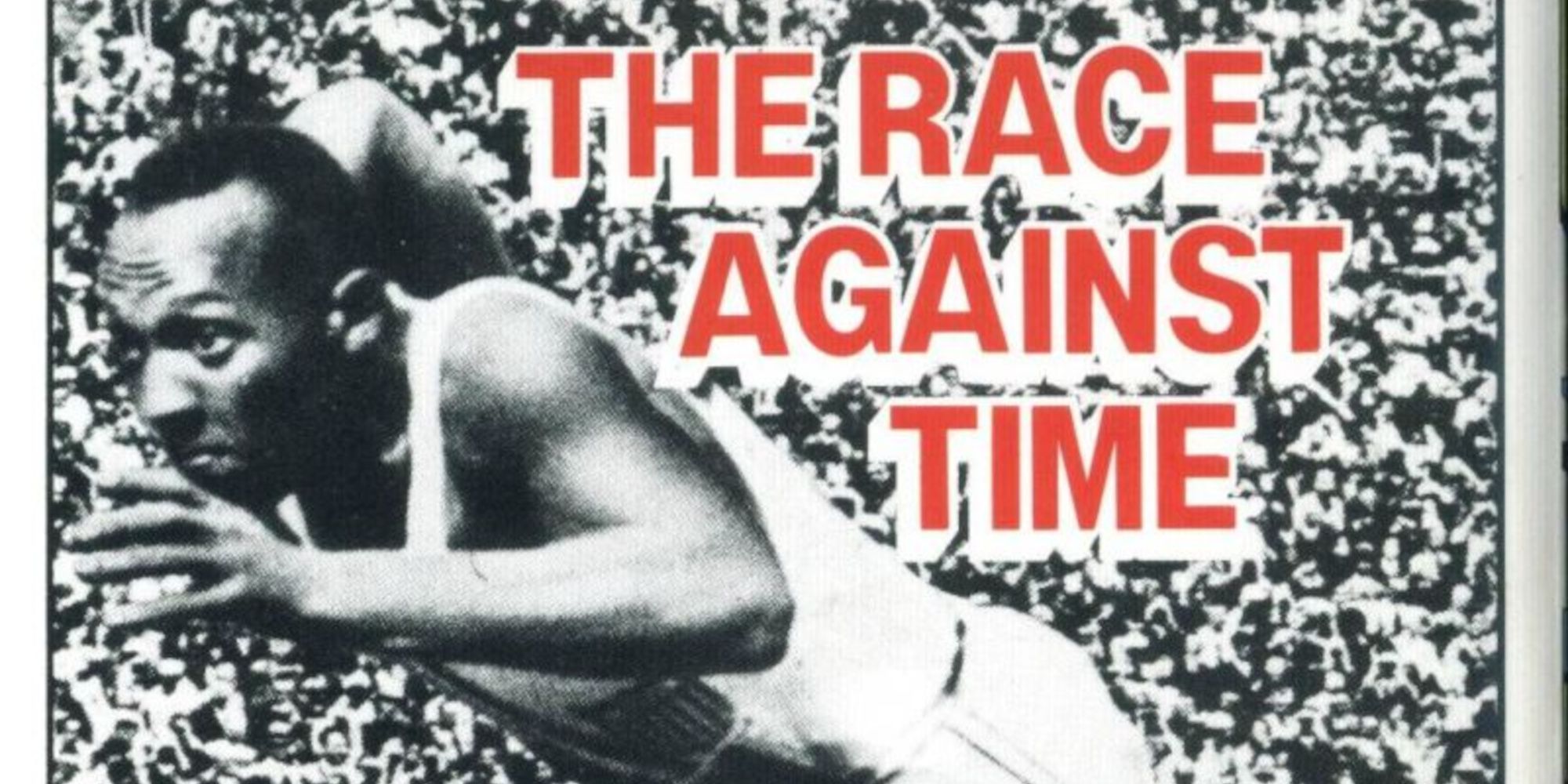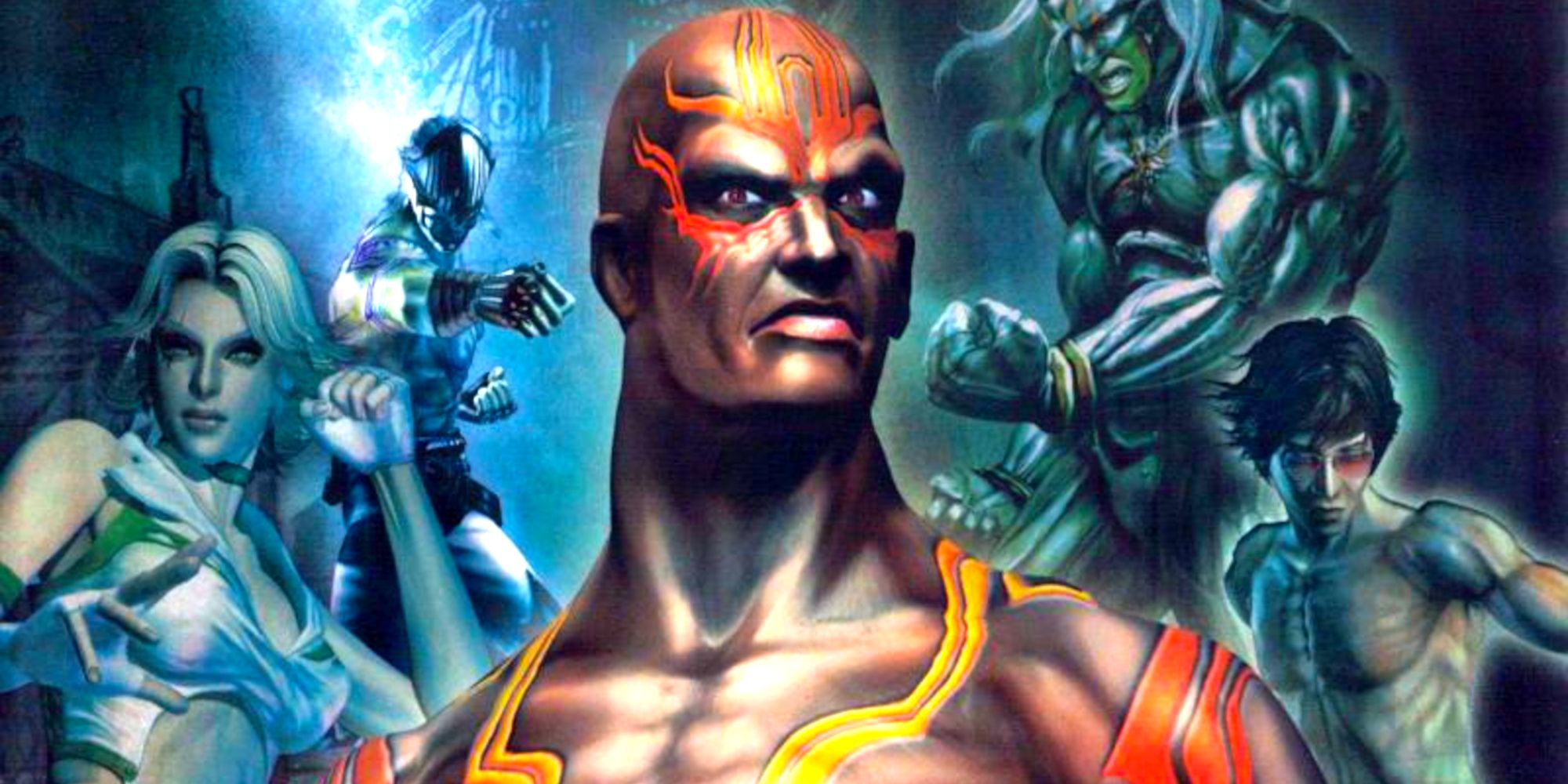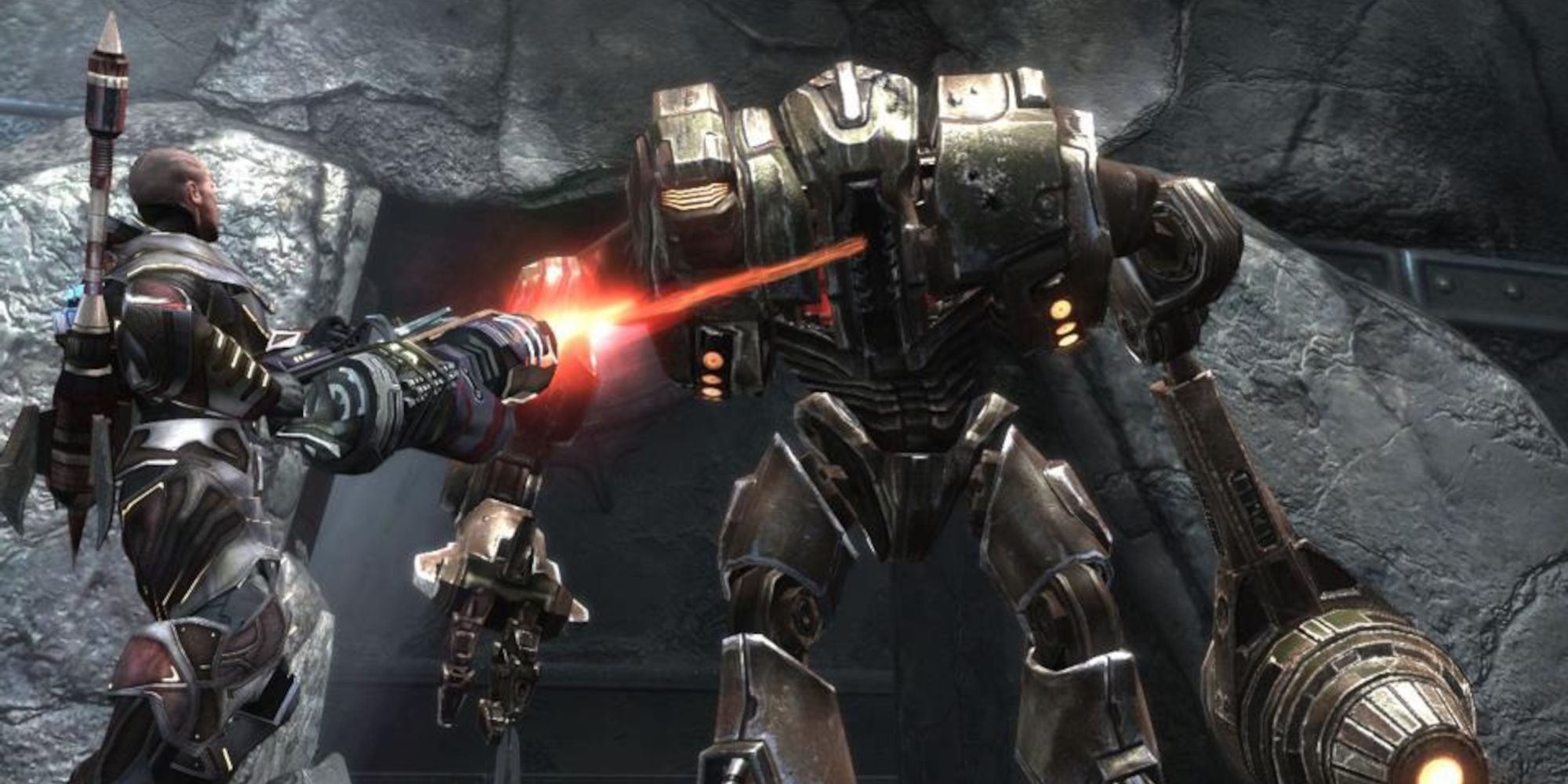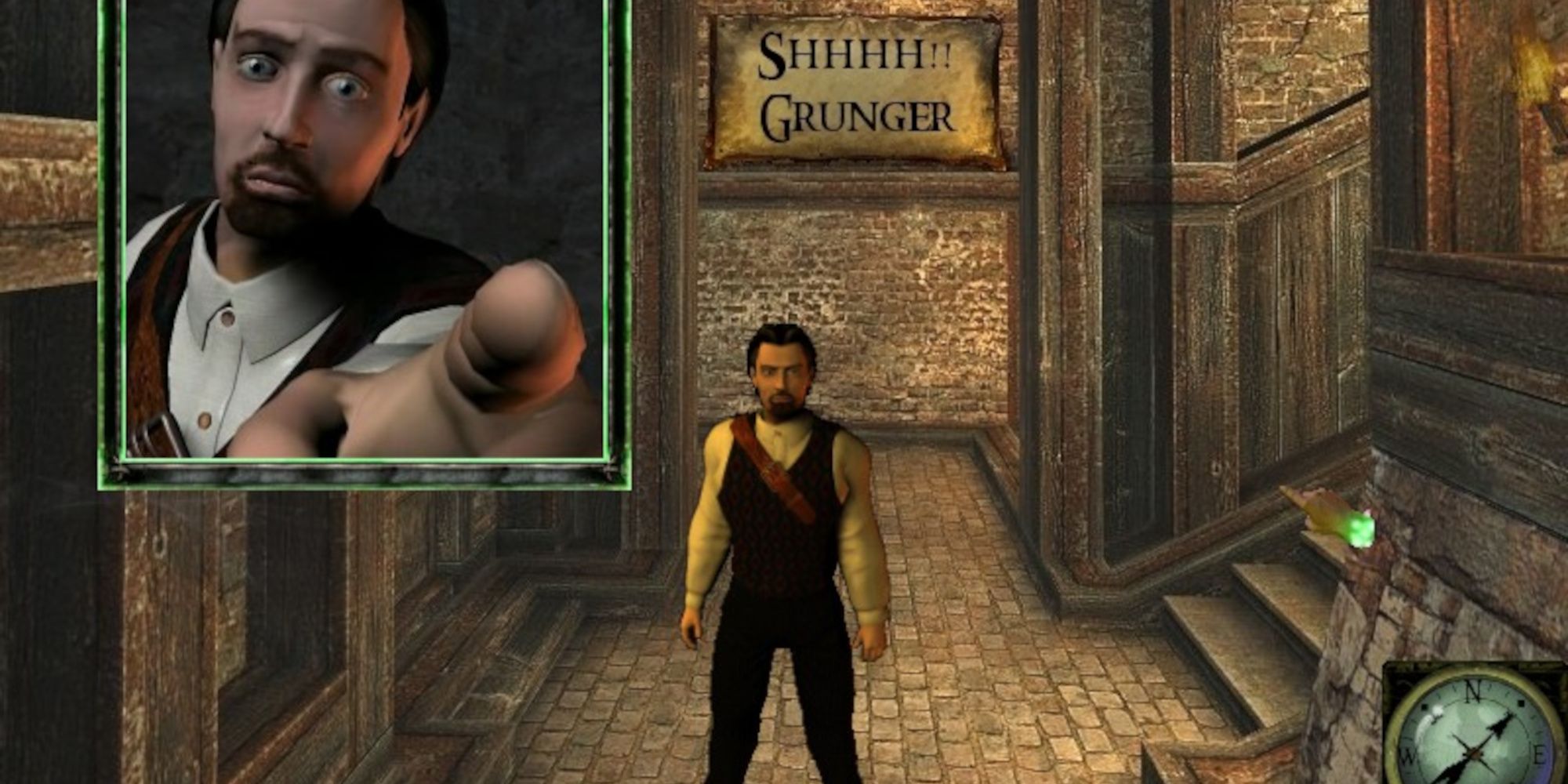In the days when physical media was still king, the last thing any video game publisher wanted to deal with is a recall of one of their products. In the days before always-online consoles and day-one patches, shipping back thousands of unsold copies, then replacing them with amended ones, was a massive cost. It was a cost that most publishers would try to avoid if they could, even if it meant some unhappy customers.
But while they could overlook a few game-breaking bugs or pieces of missing content, there were some problems that were impossible to ignore. Whether it was legal issues or public outcry, publishers would sometimes decide that the short-term costs of a recall was outweighed by the long-term cost of not performing one.
8 Fantasia
After earning Disney's trust with their Mickey Mouse game Castle of Illusion, Sega were given the green light to develop more Disney-themed games for the Sega Genesis. They picked up the rights to 1940's Fantasia and outsourced the development to Infogrames, who had to rush to complete it for the holiday season with a tiny, inexperienced team. The resulting game is a clunky, pale imitation of Castle of Illusion.
When word about the game reached Roy E. Disney, he demanded that all copies of the game be withdrawn from sale and destroyed. Apparently the license had been given to Sega by mistake, as Roy Disney had made a personal promise to his uncle, Walt Disney himself, that there would be no future adaptations of the film. The Disney Company compensated Sega for the mix-up. Thankfully, it did not appear to negatively effect their relationship, as Sega would continue to produce Disney games for many years.
7 Mario Party 8
A Mario game seems like the last thing that would stir up controversy, but Mario Party 8 did just that when it was released in the United Kingdom. The first Wii title in the long-running series had already been delayed for over a month because of a "production issue." When it was finally released on July 13th 2007, it was immediately recalled due to some text featured in the stage Shy Guy's Perplex Express: "Turn the train spastic! Make this ticket tragic!"
For those not in the know, while the term "spastic" is used more casually (if rarely) in the United States, it is still considered a highly derogatory slur in the United Kingdom and some other areas, and its harm is becoming more recognized worldwide nowadays. The game was rereleased on August 3rd with the word changed to "erratic" instead.
6 The Guy Game
The definition of sleaze, but softcore enough to avoid an Adults Only rating, 2004's The Guy Game was essentially a quiz interspersed with full-motion video. Players are rewarded for correct answers with footage of topless college girls on spring break. It's a tad more complex than that, almost needlessly so, but no one was picking up this title for the gameplay. Critics, as one would imagine, were not particularly impressed.
More misfortune befell The Guy Game when one of the girls featured brought a lawsuit against its publishers, alleging she was not made aware of how the footage was intended to be used. Not only that, but she was still a minor at the time of recording. The game was withdrawn from stores. Eventually it resurfaced as The Guy Game: Game Over, a DVD containing footage from the game along with some extras, effectively removing what little gameplay already existed in its previous release.
5 The Race Against Time
When it comes to celebrity endorsements, the first step should be to actually get an endorsement from the celebrity. Codemasters managed to mess that up with their 1988 release The Race Against Time, a game for the home microcomputers of the day intended to raise money for the Sports Aid charity. Players take control of real-life runner Omar Khalifa, or rather a two-color facsimile of him. He must run from continent to continent, raising flags and lighting torches in preparation for Sports Aid.
For some reason, Khalifa was not chosen to adorn the game's packaging. Instead, Codemasters used an image of American athlete Jesse Owens, who they had not acquired permission from. Owens' estate was not happy; Codemasters were forced to recall all copies and change the box art to a picture of Carl Lewis, whose likeness he offered for free. This bungled release contributed to the game's failure to raise the expected sum of money for the charity.
4 Kakuto Chojin: Back Alley Brutal
An Xbox-exclusive 3D fighting game, Kakuto Chojin isn't particularly well-remembered. Reviews of the time were unkind, often comparing it unfavorably to Tekken, Dead or Alive, and its other contemporaries in the genre. It likely would have slipped into complete obscurity were it not for the controversy that was stirred up by its protagonist, the Middle-Eastern Muay Thai expert Asad.
Specifically, the lyrics to Asad's theme song contained several verses from the Quran. An Arabic speaker at Microsoft Game Studios advised against releasing the game with these lyrics intact, but the publishers went ahead with it anyway. Its release in several Islamic majority regions drew much negative attention, to the point that it attracted the ire of Saudi Arabian government. Microsoft withdrew the game from market, mere months after its release.
3 Freedom!
With their classic simulation/educational game The Oregon Trail a classroom staple, MECC planned to apply their winning formula to another historical event. Their choice was a highly controversial one: chattel slavery in the antebellum south and the Underground Railroad. 1993's Freedom! had players taking the role of an escaped slave making their way north towards, as the title suggests, freedom.
The game came with instructions for appropriate school lessons before students were allowed to play it. Unfortunately, many schools did not follow through with this, presenting the game without any of the educational context. This led to backlash, with MECC eventually deciding to pull the game from schools altogether. Their 1995 release Africa Trail would be more cautious, utilizing a focus group to make sure they would not make the same mistakes as with Freedom!.
2 Too Human
Silicon Knights developed several cult hits, such as Blood Omen: Legacy of Kain and Eternal Darkness: Sanity's Requiem. Too Human was their most ambitious game yet, their first to be developed using Epic Games' new Unreal Engine 3. The two companies butted heads when Silicon Knights sued Epic Games in 2007, claiming that the engine had not been provided to them on time or with the features that were promised to them.
Things got worse when Epic Games filed a counterclaim in response, where Silicon Knights were found guilty of plagiarizing code from Unreal Engine 3 for use in their own engine. Epic Games were awarded $4.45 million, and Silicon Knights had to withdraw Too Human and all their other games that used Unreal Engine 3 and its derivatives. This bankrupted the company, who closed their doors in 2014.
1 Limbo of the Lost
In production for over a decade, the adventure game Limbo of the Lost was released in the US on the 2nd of June 2008. It was met with an incredibly poor reception. Critics blasted it for its glacial pace, cheap presentation, and nonsensical puzzles. It's become something of a cult classic in the realm of "so bad it's good" games for its bizarre cutscenes and voice acting, especially its ending, which makes the game seem like one big joke at the player's expense. However, it wasn't its quality that got the title recalled, but the massive amounts of plagiarism.
Just about all of its pre-rendered backdrops are screenshots snapped from other games. The most egregious examples come from games like The Elder Scrolls IV: Oblivion, Return to Castle Wolfenstein, and Painkiller, but countless other examples are on display on every screen. Publisher Tri Synergy ceased distribution of the game mere months after its release when these allegations came to light.


